Después de que su papá recibió amenazas de muerte, Fredy y su familia tuvieron que huir de Guatemala. Describe cómo se sintió ser desplazado de Guatemala y crecer en los Bronx. Jura que nunca saldrá de Guatemala de nuevo.
Fredy es el director ejecutivo de la Fundación de Antropología Forense de Guatemala -FAFG- y dirige el equipo del cementerio La Verbena en excavar las fosas comunes de la generación de desaparecidos.
A través de un proceso de comparación de muestras de ADN, cadáveres siguen siendo identificados por la FAFG.
Transcripciones de entrevistas con Fredy Peccerelli durante la filmación de Granito: How to Nail a Dictator:
I grew up in New York. My family left in 1980. My dad left in September of 1980. My mom and my sister left in October of 1980 and my brother and I left on November 24th, 1980. It was thanksgiving I think when we got to New York. And it was probably one of the worst days of my life. Everyone was happy there, but I was miserable. Miserable because we didn’t know if we were coming back, miserable because I just felt like I was ripped out, miserable because we lived with my grandparents and I knew I wasn’t going to see them anymore, I wasn’t going to see my friends any more. But my father had gotten some death threat letters and although he didn’t want to go, everyone else that he knew was being killed all around him. All of his friends at the university were being killed. So, he was given an opportunity, somebody gave him an opportunity to leave. So, they sent him a letter in red ink and my mother pretty much forced him to go. And after he left, my mother received a letter saying we know Fredy has left and the day he sets foot in Guatemala, we’ll kill him. So, then my mother left. And eventually I finished school, my brother and I just finished the school year. My uncle also left. My mother’s brother left to Nicaragua. And after that we left and we went to the Bronx.
It was horrible, at first. I guess initially, the first couple of years, I was too busy being sad and just not understanding the whole situation just made me miserable. I just wanted to come home. And I didn’t really fit in. We lived in a building that was mostly Hispanic and across the street there was a building that was mostly African Americans and they’d fight. They’d like throw rocks and bottles at each other and I just didn’t get it. And I was caught up in the middle of all this racial tension in the Bronx in those years and graffiti and gangs and… I was used to being in the street all day playing marbles and throwing my top on the floor. Although Guatemala was very dangerous in other ways, I didn’t have that to deal with.
I grew up with New York problems not with Guatemalan problems. So that marked me later. I sort of felt, you know when I got older I sort of felt like I had the opportunity to not be here during the worst times and that now that I can do something about it, well, now it’s my turn to give back. It’s my turn to contribute because I had the opportunity to survive it. Not that it didn’t affect me. The conflict affected me directly and changed my life forever. But, it did I mean… How’s it marked me? Well it made me a New Yorker.
There was a time when we had really serious death threats and my mother asked me to leave. I said I’m not leaving. I just said I’m never leaving again. If I ever leave it will be because I want to leave. Not because I have to. I’ve done that. It didn’t work. Or maybe it did work, I don’t know, but I’m not doing it again. I believe that I should be free enough and safe enough to do work that’s so important to so many people. And I won’t be scared or pushed into leaving, it’s not going to happen.
